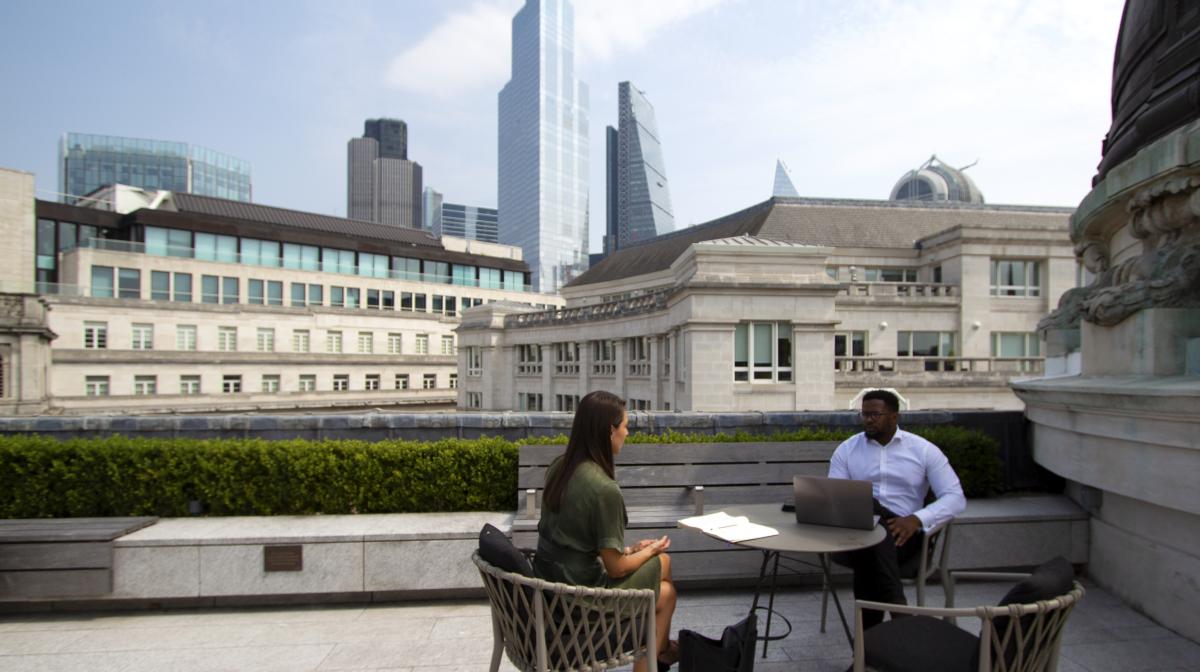PwC reported that half of UK firms plan to reduce their offices post-Covid. However, as author Marty Rubin once said, “no story tells the whole story”. Whilst some multinationals may be trimming their floor plates to support new-found hybrid working habits, many SMEs are in fact betting big on offices.
Over the past couple of months, during conversations with our clients as they returned from lockdown, we have learnt that younger enterprises or those with ambitious growth plans see the office as fundamental to a successful Covid recovery strategy.
For many, their reasoning is simple: we are better together. Indeed, a recent feature in The Guardian argues that by removing the office environment, we remove ‘incidental information exchanges’, the small moments with colleagues that can trigger fresh thinking – whether it’s bumping into a co-worker in the café or even over-hearing someone in the corridor.
Gillian Tett, the author, concludes that “even in a digital world, humans need those physical connections that we all too often ignore”. Remote working doesn’t just hamper organic exchanges, it prohibits them entirely, leaving growing businesses without daily moments that can prove vital for sparking new ideas and driving development.
Behind the Goliaths who may be reducing their offices stand many Davids, who are not just returning to their physical roots but are investing in them post-lockdown. The message from the SME community is, therefore, clear: the whole is greater than the sum of its parts.




